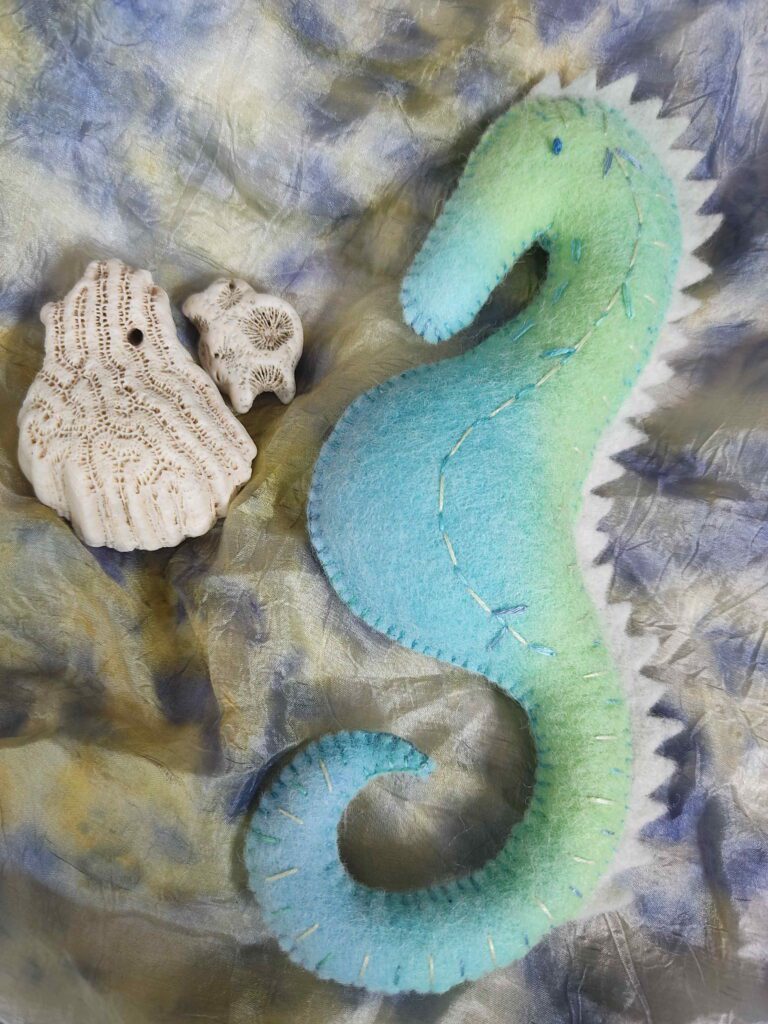Assessing Policies, Rules and Activities For Child Safety
Signs of A Safe Community Group or Service
If you have long-term relationships with friends or family, the following advice hopefully isn’t necessary. However, as a parent of a child with special needs, it’s wise to look for best practice in child safety when you are looking at activities and services for your child.
For young children and children with additional needs, the things I’m looking for are:
- constant visibility of kids with no opportunities for unwitnessed abuse (i.e. active supervision at all times)
- a strong culture of personal safety education modeled by adults i.e. children are given training in how to report sexual harassment and abuse and adults are comfortable handling sexual harassment and disclosures (remembering that traumatised children and children with special needs may not disclose bullying, harassment or abuse even if they have the training.)
- more than one adult supervising, with at least one woman present, and an equal balance of women and men or lots of women
- the adults present have been vetted by the police to ensure they don’t have a criminal record
- policies/rules are built around the assumption that predators could be present in the group
- the people working with/leading your child have their emotional needs met by their existing relationships
- no alcohol is permitted
- a strong culture of accountability, i.e. parents are given clear instructions about how to report concerns or make a complaint and if people are found to be breaking policy, they lose their role/job. For example, if they are caught drinking alcohol on camp, they are fired.

To reiterate my most important advice, ask yourself – if one of the adults surrounding your child was an unreported predator would the policies and rules make it impossible for them to attack a child at the event? If the policies weren’t being followed, would you still feel comfortable with the people in charge?
I think another good test is whether your child’s carers are comfortable with using the words penis and vulva, because it means the kids in their care will be more likely to report sexual harassment as well as physical and verbal bullying, and it is really important kids feel comfortable talking about all kinds of mistreatment and those problems are sorted out immediately.
Places I’m Wary Of
Community groups/institutions:
- without an equal balance of men and women in senior leadership
- led by people who don’t have appropriate professional experience or background to do their roles
- that encourage unwitnessed, one-on-one, personal conversations between an adult and child (which is tricky, because counseling and confession can be therapeutic. However, children with special needs are targeted by predators and these situations have been exploited in the past. So, unless you are absolutely certain of the person’s character, if your child needs counseling, consider learning the skills of active listening or attending counseling alongside them)
- that run overnight activities for very young children i.e. kids who are young enough to still believe in dragons, the tooth fairy etc.
- with a strong presence of male ‘non-parents’ around children
- that rely on police vetting systems as their main safeguard
- that run programs that transition from fun activities to unsupervised environments like camping.